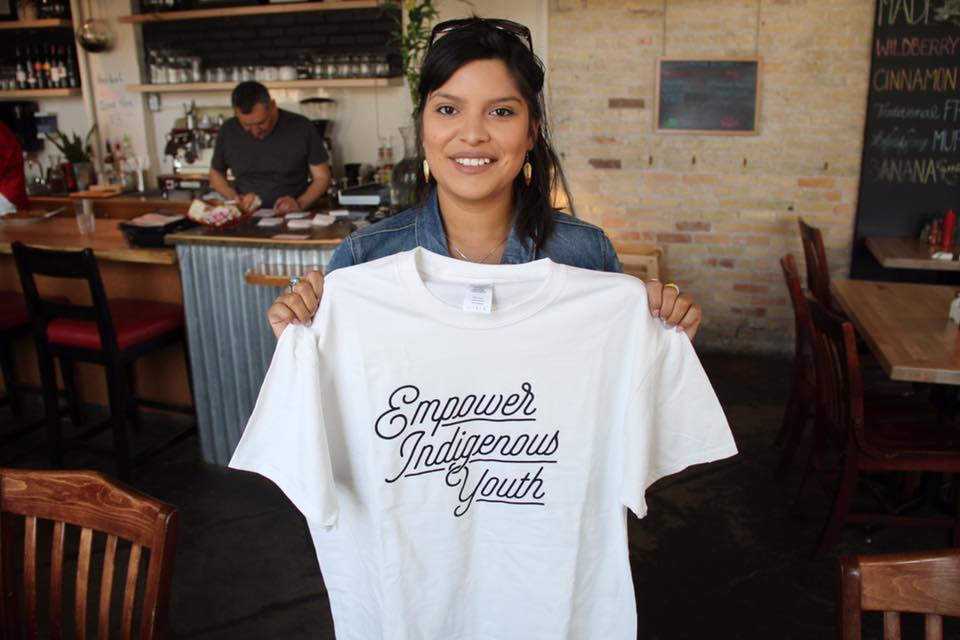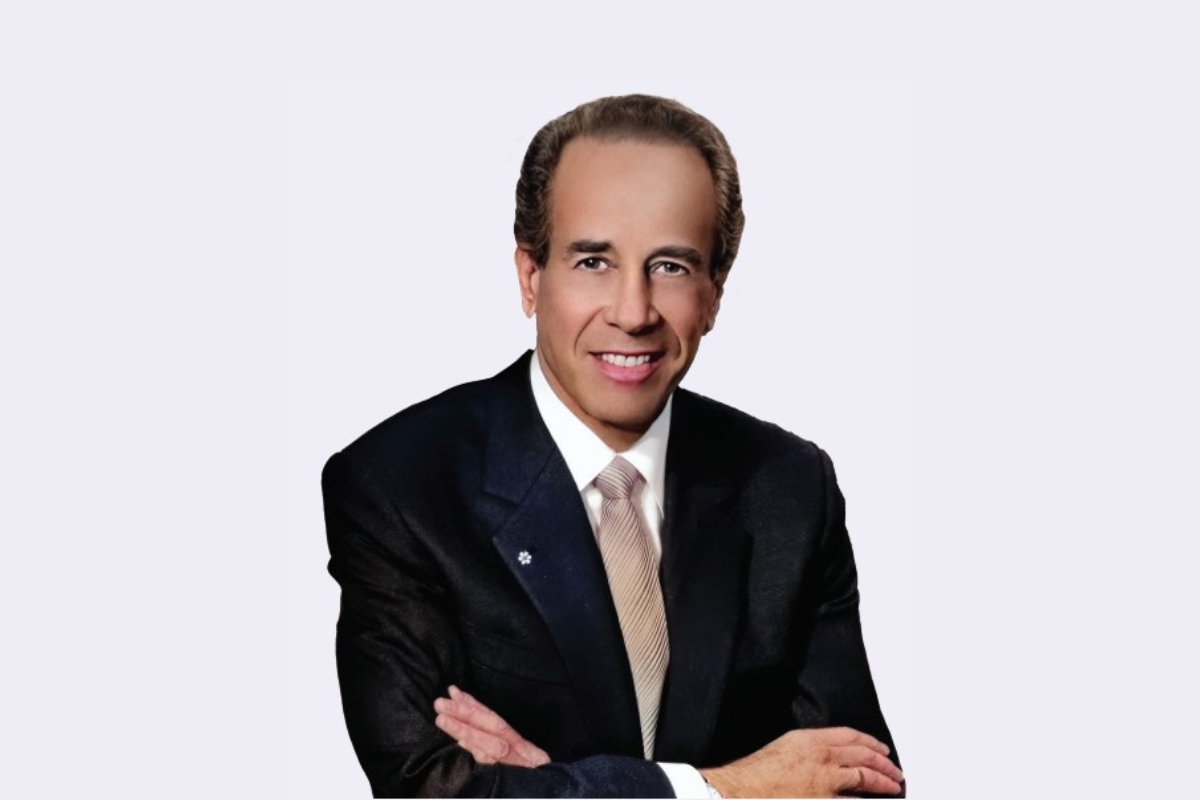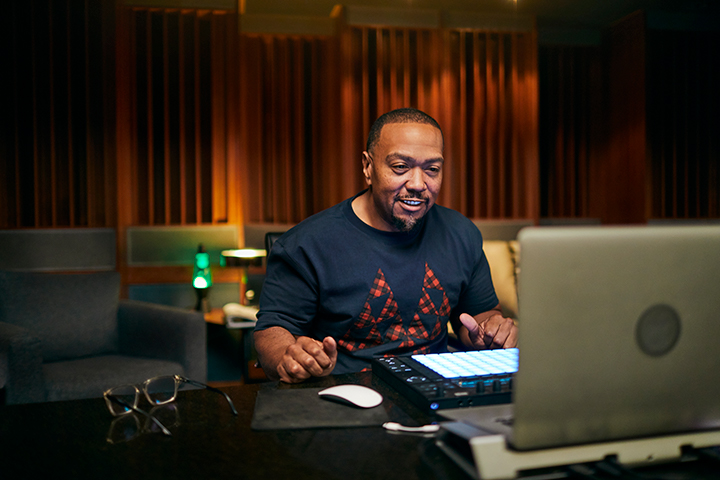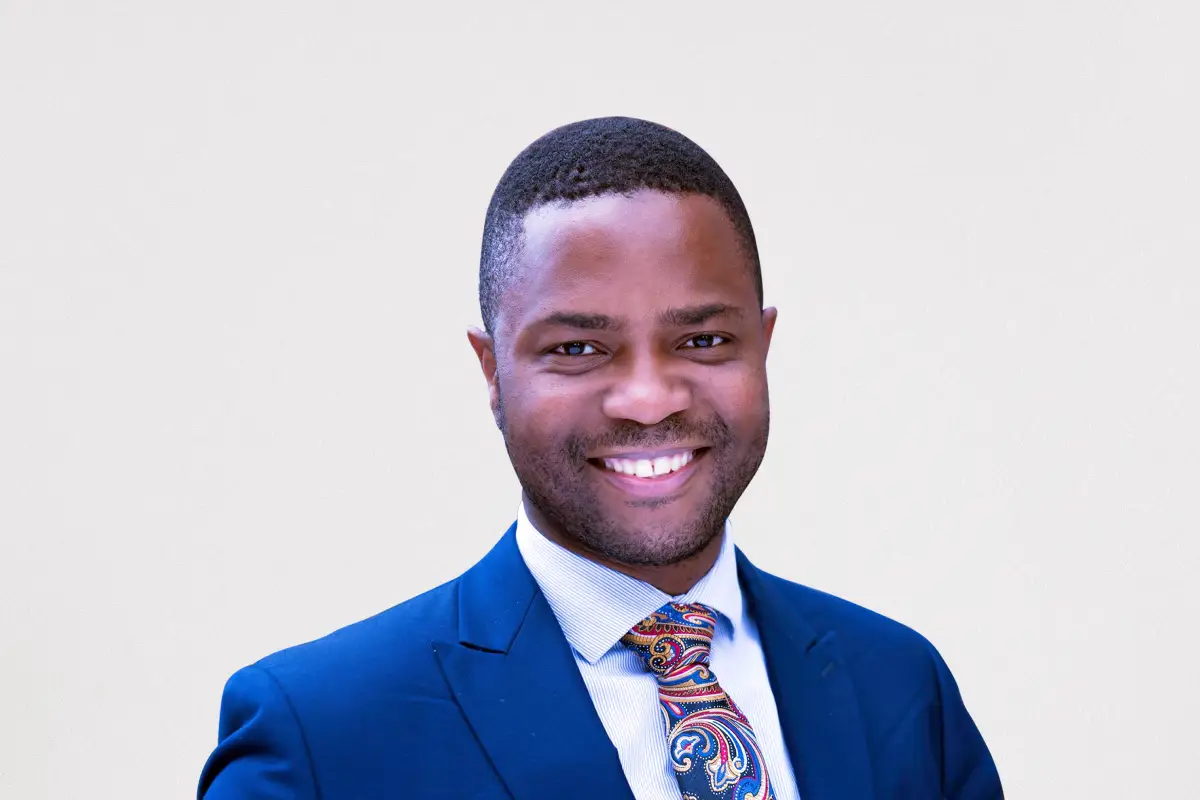Photo courtesy of Erica Daniels.
A multi-award-winning documentarian, producer, director, and founder of Kejic Productions, Erica Daniels is a Cree/Ojibway entrepreneur with a passion for telling Indigenous stories from Indigenous perspectives. With ten years of experience as a storyteller, Daniels uses her platform to inspire and uplift future generations of Indigenous youth, encouraging them to share their stories.
During her adolescence, Daniels struggled to connect with her Indigenous culture, feeling ashamed of her roots. Finding the multimedia program Just TV as a teenager, Daniels began to understand her history and connect with the Indigenous community. Fully acknowledging her power as an Indigenous woman in the film industry, Daniels received the 2019 Indigenous Film Award and won the 2021 Young Aboriginal Entrepreneur Award. Her recent film, Run as One, has won numerous awards, and has been featured at multiple international festivals.
The Edge spoke with Daniels on her journey through self-discovery, launching Kejic Productions, and her dedication to helping Indigenous youth share stories through storytelling and the art of media.
You have dedicated a lot of your success to Just TV, a multimedia program helping at-risk youth in Winnipeg. How did having this outlet for self-expression shape you into the leader that you are today?
I started at Just TV when I was 16 years old, and that program really did change my life. It gave me the skills and taught me the tools of video production and music production. Everything I do is surrounded by media and using visual production to help share stories from an Indigenous perspective.
Many different opportunities came from that program, both within the industry and video production, and introduced me to my culture. I grew up very disconnected from my Indigenous identity, and so it was through that program that I was able to connect with elders within my community. A huge part of my journey was that connection and learning about the history of Indigenous people and being introduced to culture and ceremonies.
Kejic Productions is a platform for Indigenous voices representing Indigenous perspectives. From your journey as a female Cree/Ojibway entrepreneur, did you have to struggle a lot to have your voice heard?
For a long time, non-Indigenous people would come into our communities and share our stories without any lived experience or knowledge of our history or our identity as Indigenous people. [What’s] very important for me as a storyteller is making sure that I’m representing my community in a respectful and truthful way. Within a dominant male industry, I had to make sure that I had my place and that I kept the place and deserved to have that leadership position. I look at my role models — Tina Keeper and Lisa Meeches — and how hard they had to fight as Indigenous women within the film industry.
I believe there are still challenges, but there is a lot more opportunity that’s available for us as Indigenous storytellers and Indigenous female storytellers. One thing that I really strive to promote is giving those opportunities to other Indigenous females, specifically in the technical sense of providing that training and giving those opportunities. There are still some ways to go, and larger production companies need to make space for us to be taking leadership roles and give us opportunities to share our voice and perspectives.
Who do you feel influenced you the most in your personal and professional journey?
I want to acknowledge Laura Johnson, Addison Sandy, and Paul James, who have been there for me since day one and have contributed to my success as a storyteller and filmmaker. I wouldn’t be where I am today without them. Having mentors that are so supportive — not only throughout your career but also your personal life — I think is very important to have. I wouldn’t know a lot of the things that I know now, if it wasn’t for having those people to be that guidance and that support.
I also must acknowledge my elder, Dave Courchene, who was a huge mentor, providing guidance in how to be a better person in life and remembering the seven teachings and those natural laws that we live by as Indigenous people.
How has being a good storyteller helped you succeed as a leader?
I think everybody is brought into this physical world with a purpose, and I believe my purpose is to share stories of my community and promote Indigenous identity and the stories within our communities. I take that leadership very seriously because I think that there still are many negative stereotypes towards Indigenous people. Not realizing that we went through a very hard history and a lot of hardships, today we, as nations across North America, are fighting to revitalize our culture, [and] our languages because those important teachings were almost taken away.
We use our talents here at Kejic Productions to use video and documentation to ensure that the knowledge is never lost, and that it’s shared for future generations. So that’s a big part of my leadership in my community, making sure that we hold onto that knowledge and share it for future generations.
What advice do you have for Indigenous youth today looking to establish a connection with their cultures?
My message to Indigenous young people is to really go back to your roots and learn where you come from. To be truthful, for a long time before I understood the history or before I was introduced to the culture, a part of me was ashamed of who I was because what society showed me was negative stereotypes. It wasn’t until I went into high school and started learning about the history that I realized what a beautiful culture we came from. I don’t think many people see that, especially many Indigenous people who are suffering from the effects of colonization and intergenerational trauma from residential schools.
It’s so important for young people to take that role and leadership of going out and seeking the elders and passing tobacco or making offerings to learn from those knowledge keepers within their communities. I think that’s the main thing is learning about your history, knowing who you are and being proud of who you are, so that you’re capable and have the strength to learn what your gifts are in this world.
Brooke Parker | Contributing Writer




















